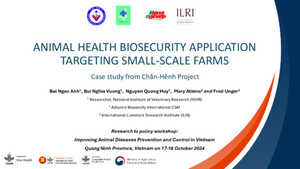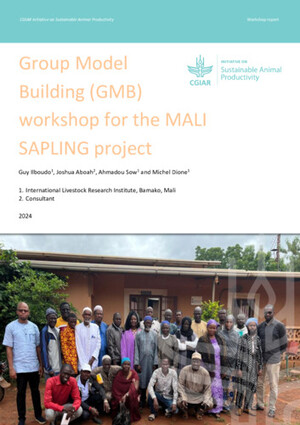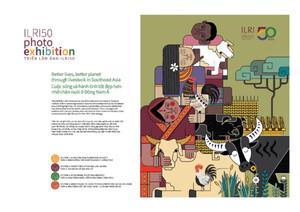
First insights into the genetic diversity and origin of Leishmania infantum in Mont Rolland (Thiès region, Senegal)
Abstract
Visceral leishmaniasis is not endemic in West Africa. However, high seroprevalence ofLeishmania infantum infection (one of the Leishmania species that cause visceral leishmaniasis) was detected in dogs and humans in the Mont Rolland community (close to Thiès, Senegal), despite the lack of reports concerning human clinical cases. Our aim was to genetically characterize this L. infantum population and identify its origin. We thus conducted seven field surveys in 25 villages of the Mont Rolland community between 2005 and 2009 and blood samples were collected from 205 dogs. Serological testing indicated that 92 dogs (44.9%) were positive for Leishmania infection. L. infantum was identified as the cause of infection. Analysis of 29 L. infantum isolates from these dogs by multilocus microsatellite typing and multilocus sequence typing indicated that this population had very limited genetic diversity, low level of heterozygosity and only seven different genotypes (79.3% of all isolates had the same genotype). Multilocus sequence typing showed that the Mont Rolland isolates clustered with strains from the Mediterranean basin and were separated from East African and Asian strains. Therefore, our data suggest a quite recent and unique introduction into Senegal of a L. infantumstrain from the Mediterranean basin.
Citation
Cassan, C., Dione, M.M., Dereure, J., Diedhiou, S., Bucheton, B., Hide, M., Kako, C., Gaye, O., Senghor, M., Niang, A.Z., Bañuls, A.-L. and Faye, B. 2016. First insights into the genetic diversity and origin of Leishmania infantum in Mont Rolland (Thiès region, Senegal). Microbes and Infection 18(6):412-420.










